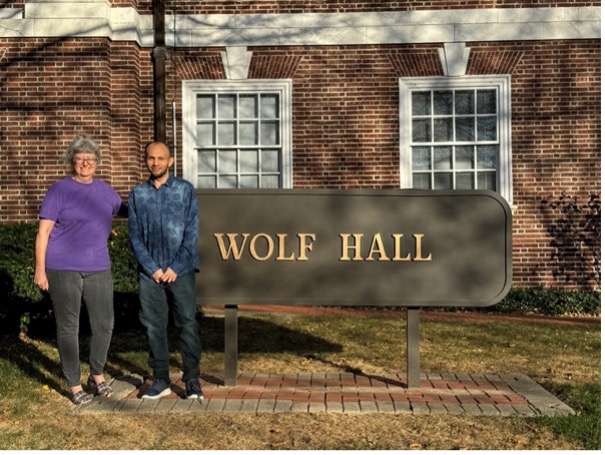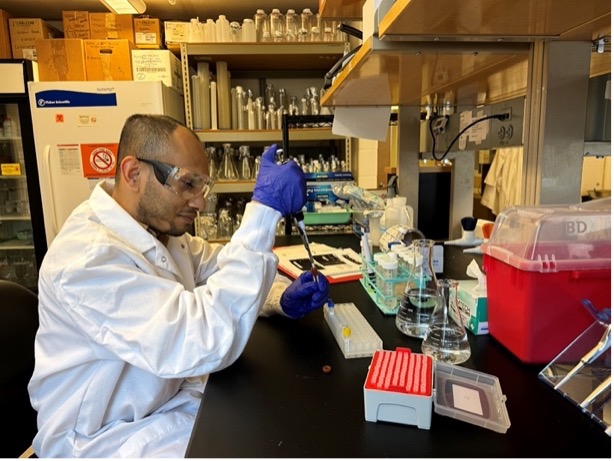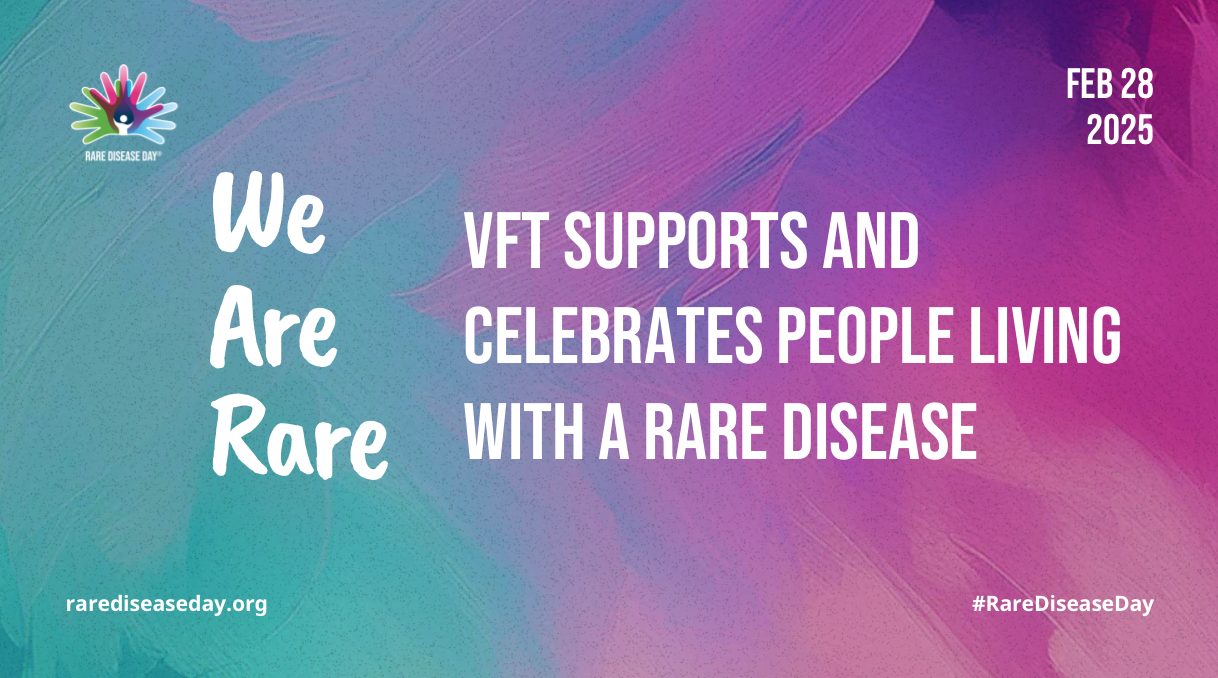The Vision for Tomorrow Foundation continues to fund research to move closer to clinical treatments for aniridic keratopathy (AK). Most recently, VFT awarded a grant to Melinda Duncan, PhD, Trustees Distinguished Professor of Biology, University of Delaware, to better understand the molecular basis of AK while testing potential drugs that could slow or stop it.
AK can steal vision from many with aniridia as a condition where the cornea, the transparent window that separates the outside from the inside of the eye, becomes cloudy. While there are many theories for why AK occurs, it has been difficult to study this condition in human patients because scientists cannot get the diseased tissue for study at early enough stages in the disease for it to be treated.
Generally, scientists try to study diseases in animals to get ideas about why they occur. Mice, the animal used most for this research, typically get more severe aniridia-like disease than humans who have similar Pax6 mutations.
“We have tried to overcome this issue by looking at many types of Pax6 mutant mice, and found one that develops corneal disease that looks similar to what most humans with aniridia develop,” said Duncan, “We used techniques first developed for the human genome project to discover the complete set of genes which seem to function abnormally in these mice early in their corneal disease and are using this information to better understand what is going wrong with the cornea in aniridia.”
Notably, one of the genes that appears to be functioning abnormally is known to be a central driver of other corneal diseases.
“We are testing whether this gene is also important for the development of AK, and if it is, we will be able to quickly test drugs that have been developed to tamp down its function in other diseases to see if they could be useful to slow or stop AK. This could help preserve the long-term vision for aniridics,” said Duncan.
“AK is one of the biggest vision challenges for aniridia. This project is another way to better understand its causes and at the same time possibly explore options to help fix it,” said Susan Wolfe, VFT President. “The idea of using already approved pharmaceuticals for other uses is a growing trend for faster advancements, especially in eye conditions.”
This VFT funded research would not be possible without the generous support of VFT donors and volunteers. Please consider a donation to VFT to fuel more important scientific findings that can help to better understand and more effectively treat ocular complications related to aniridia and albinism.

Picture of Dr. Melinda K. Duncan, Professor of Biological Sciences, University of Delaware and Suhotro Gorai, Doctoral student in Bioinformatics and Data Science at the University of Delaware in front of Wolf Hall, the building where most of the VFT funded work is happening.

Picture of Suhotro Gorai, a doctoral student in the Duncan lab, working at his laboratory bench on the work funded by VFT. He is using a micropipet to move small volumes of liquid from a storage tube to a tube containing a sample to be analyzed.



